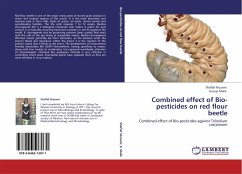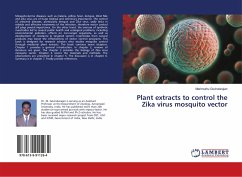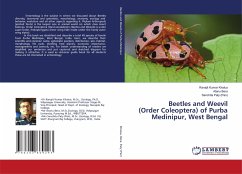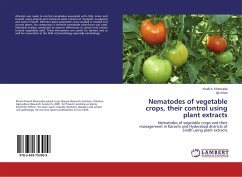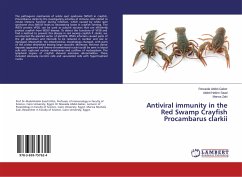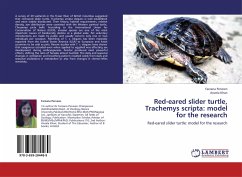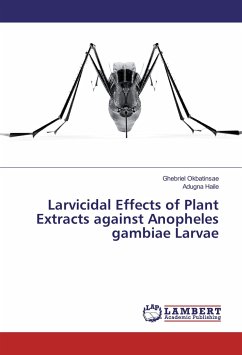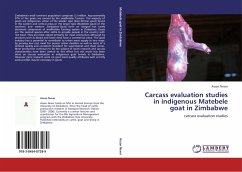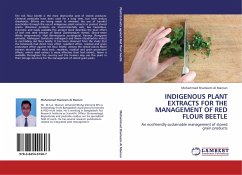
INDIGENOUS PLANT EXTRACTS FOR THE MANAGEMENT OF RED FLOUR BEETLE
An ecofriendly sustainable management of stored grain products
Versandkostenfrei!
Versandfertig in 6-10 Tagen
32,99 €
inkl. MwSt.

PAYBACK Punkte
16 °P sammeln!
The red flour beetle is the most destructive pest of stored products. Chemical pesticides have been used for a long time, but have serious drawbacks. Efforts are being made to minimize the use of harmful insecticides through the use of indigenous plant extracts to protect stored grains. Botanical products are environmentally safe, less hazardous, economic and easily available.The present book describes the toxic effect of leaf and seed extracts of Bazna (Zanthoxylum rhetsa), Ghora-neem (Melia sempervirens), Hijal (Barringtonia acutangula), Karanja (Pongamia pinnata), Mahogoni (Swietenia mahago...
The red flour beetle is the most destructive pest of stored products. Chemical pesticides have been used for a long time, but have serious drawbacks. Efforts are being made to minimize the use of harmful insecticides through the use of indigenous plant extracts to protect stored grains. Botanical products are environmentally safe, less hazardous, economic and easily available.The present book describes the toxic effect of leaf and seed extracts of Bazna (Zanthoxylum rhetsa), Ghora-neem (Melia sempervirens), Hijal (Barringtonia acutangula), Karanja (Pongamia pinnata), Mahogoni (Swietenia mahagoni) and Neem (Azadirachta indica) in controlling red flour beetle. It has been observed from the study that the botanicals had direct toxic effect, repellent effect, residual and grain protectant effect against red flour beetle. among the tested plants Neem extracts showed the most toxic, repellent, residual and grain protectant effects, where seed extract is more effective than leaf extract. Neem is available throughout the country and the farmers may use this plant in their storage structure for the management of stored grain pests.




